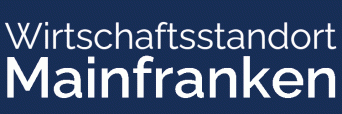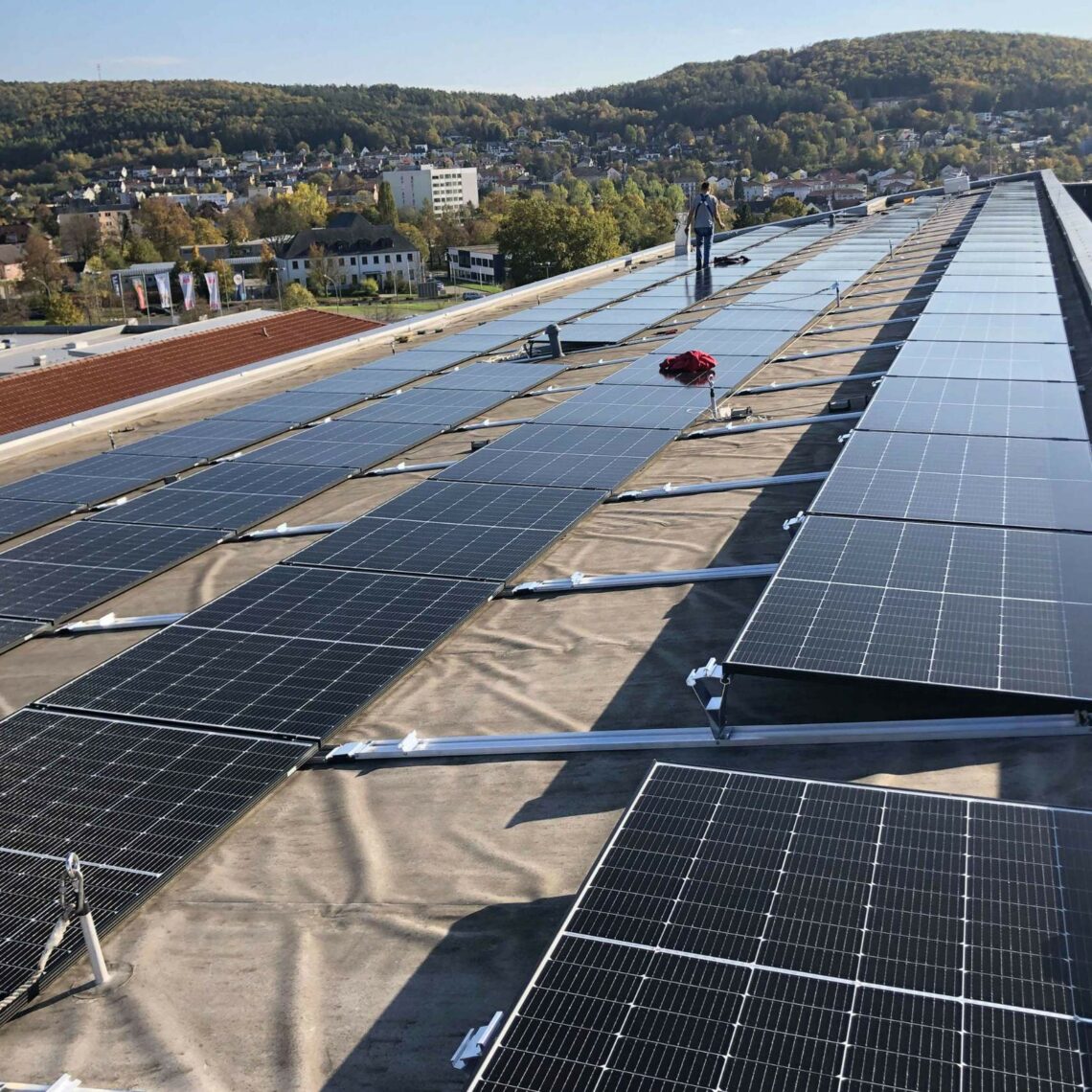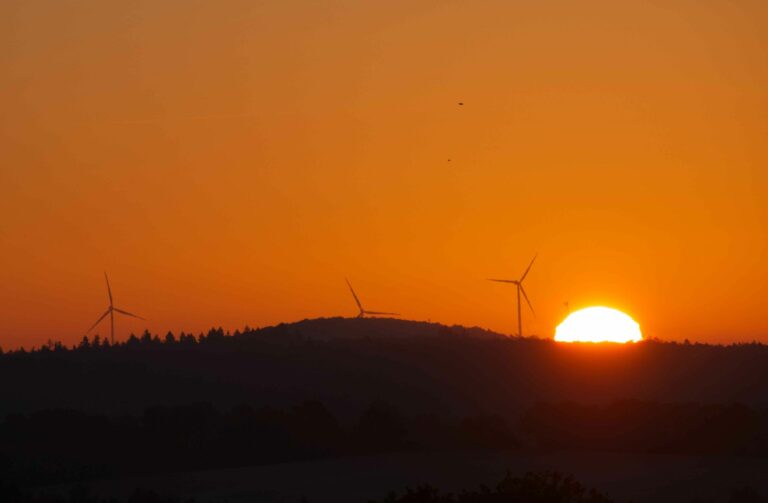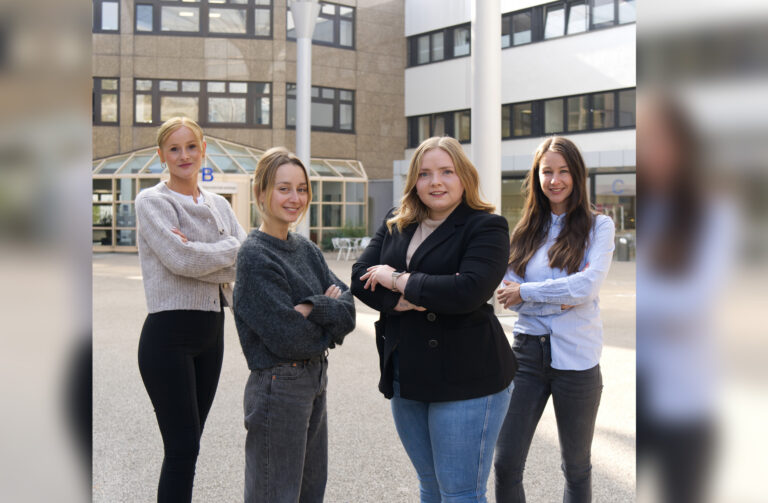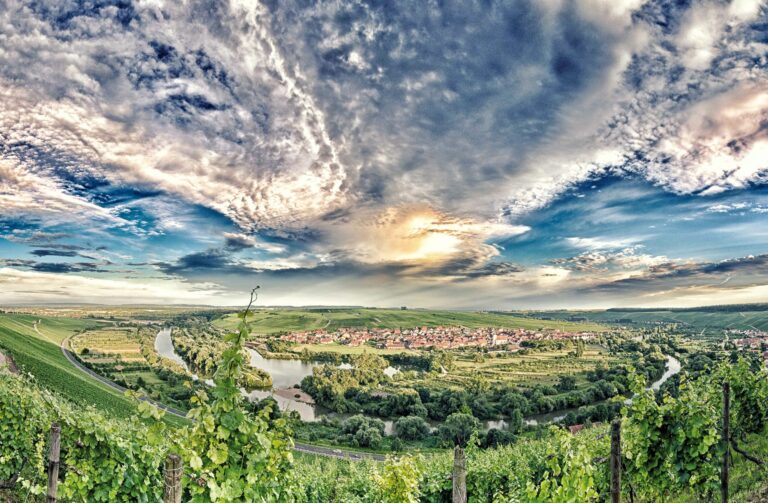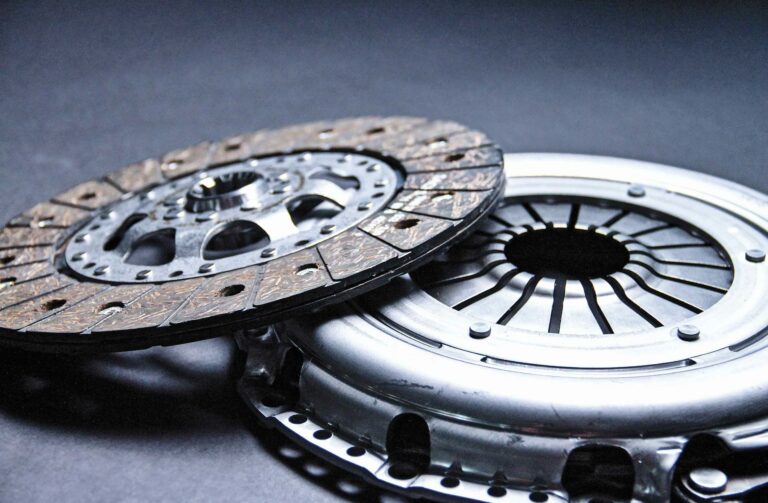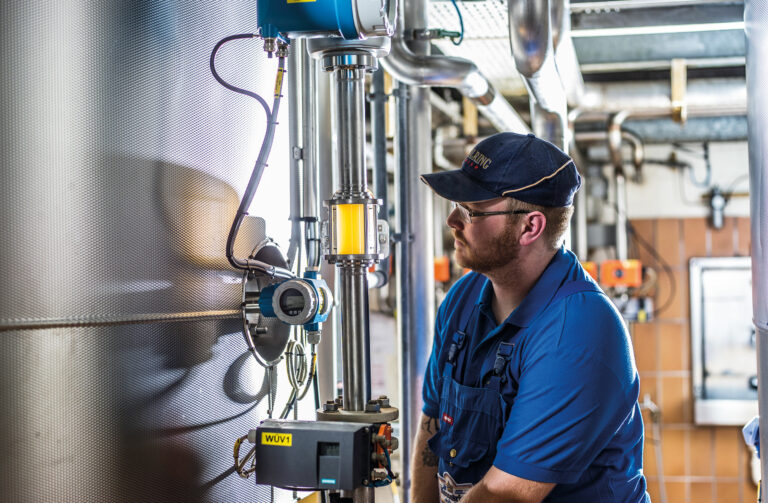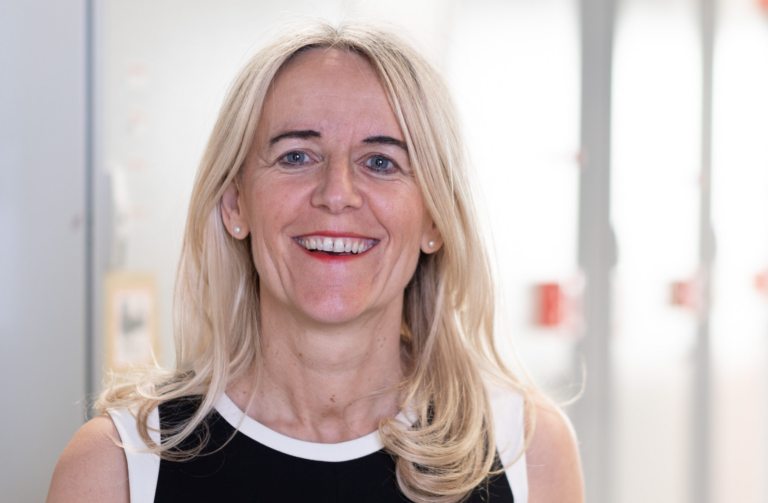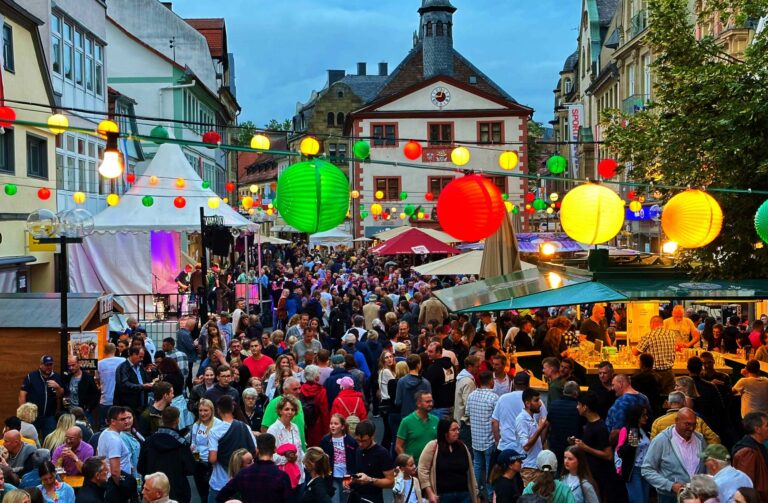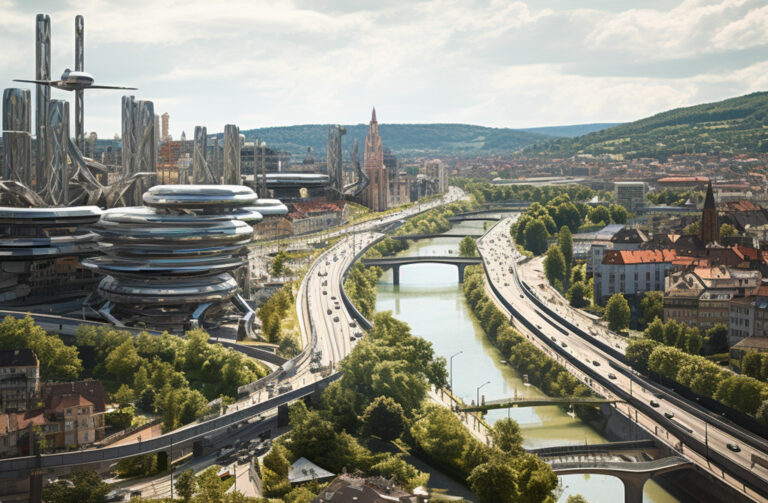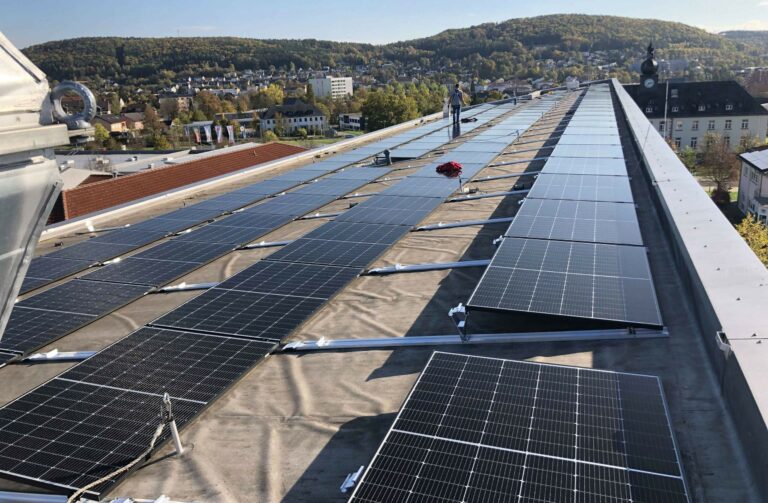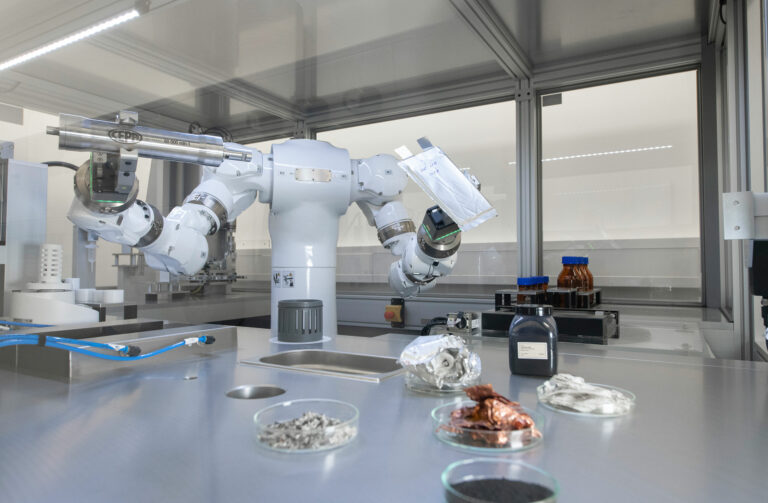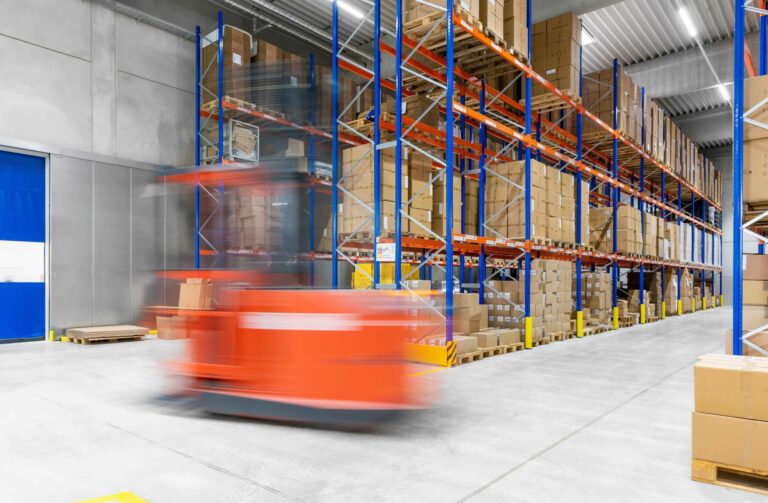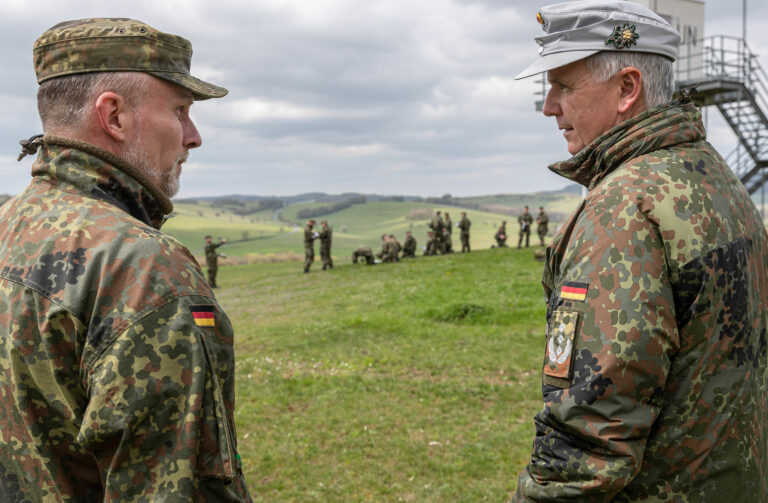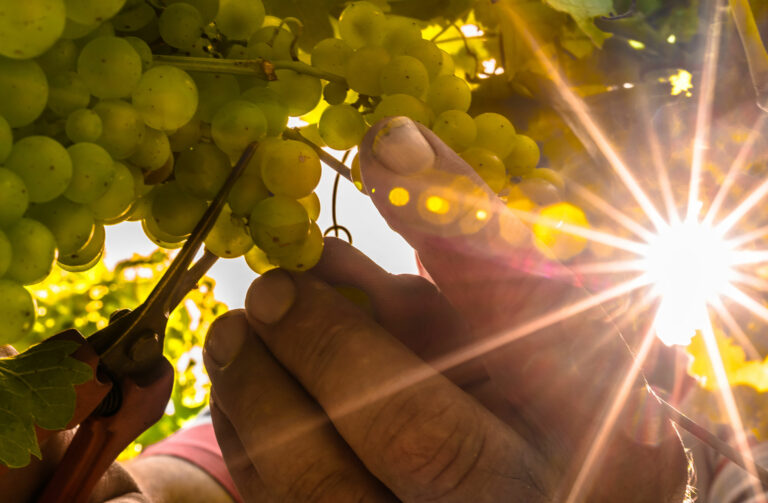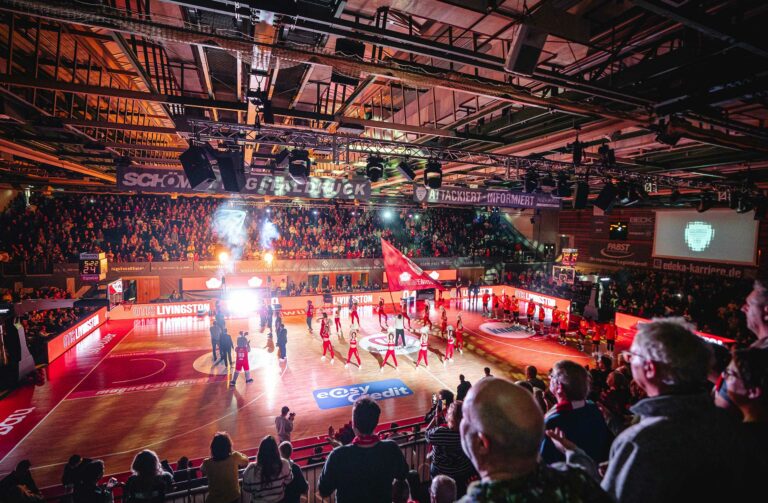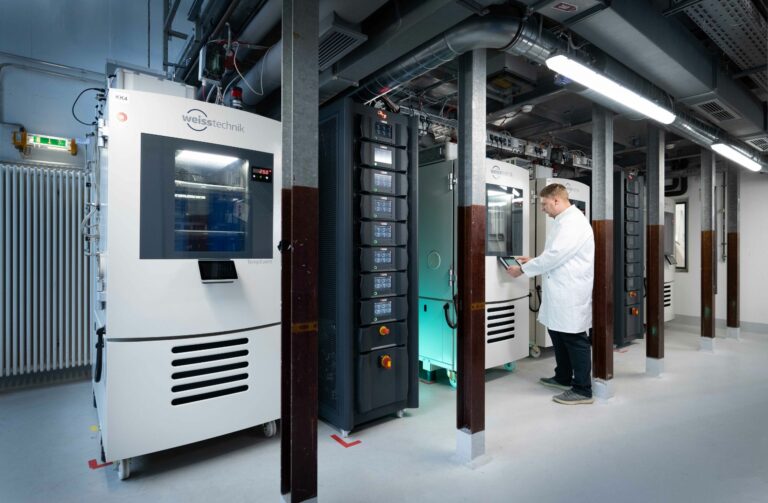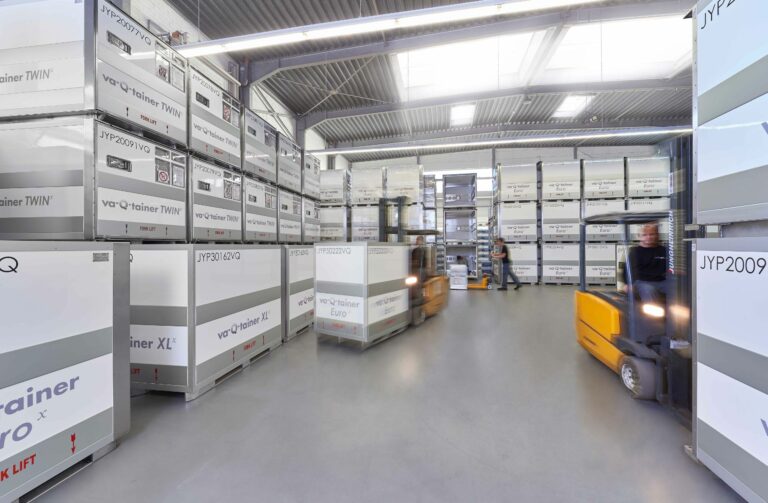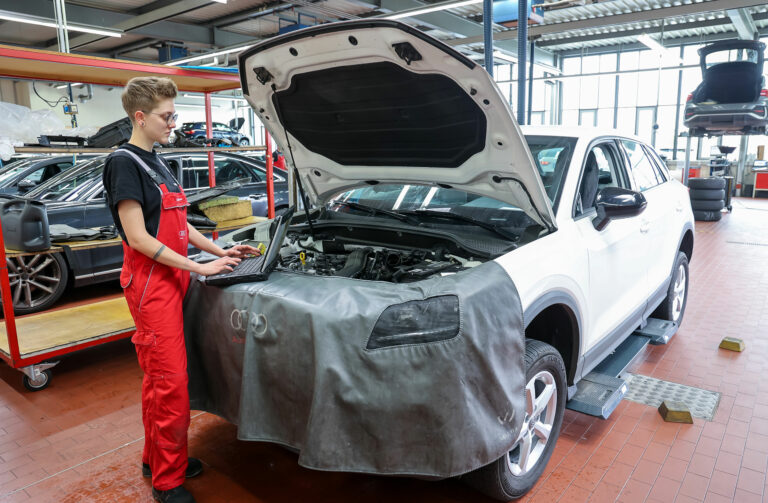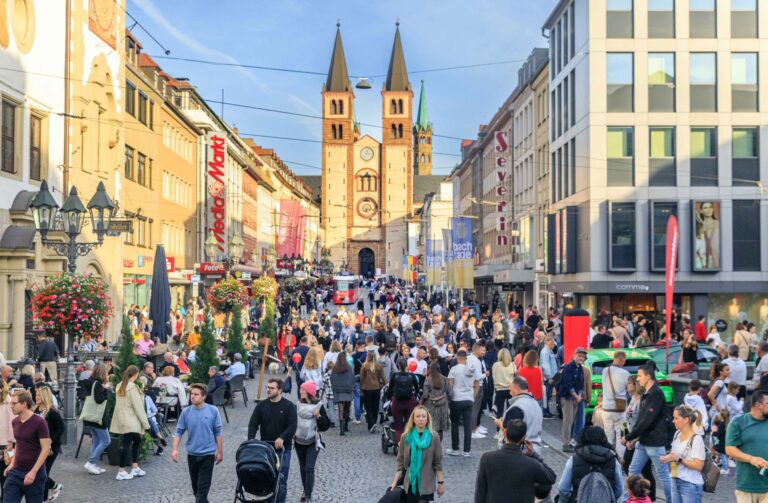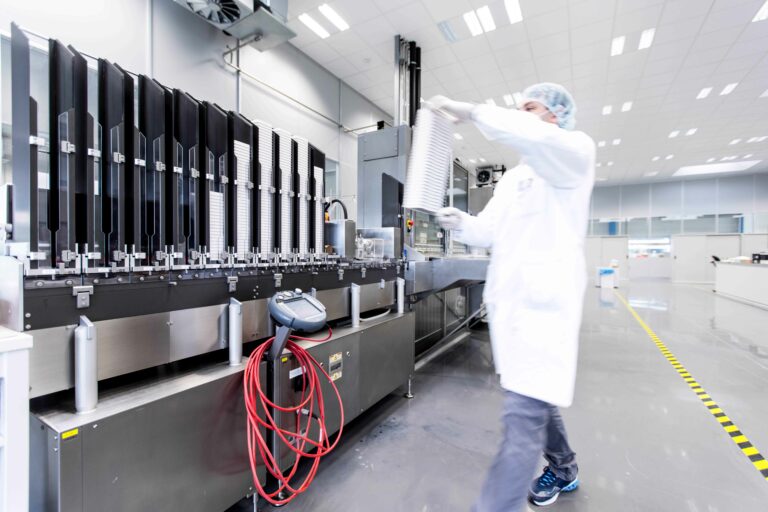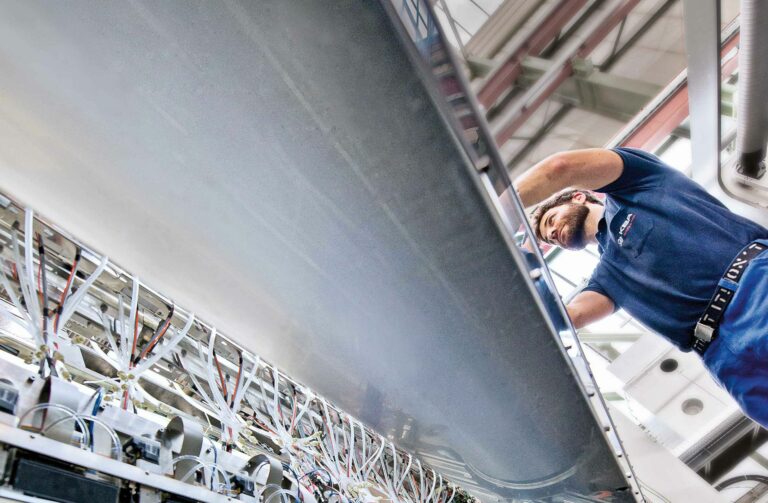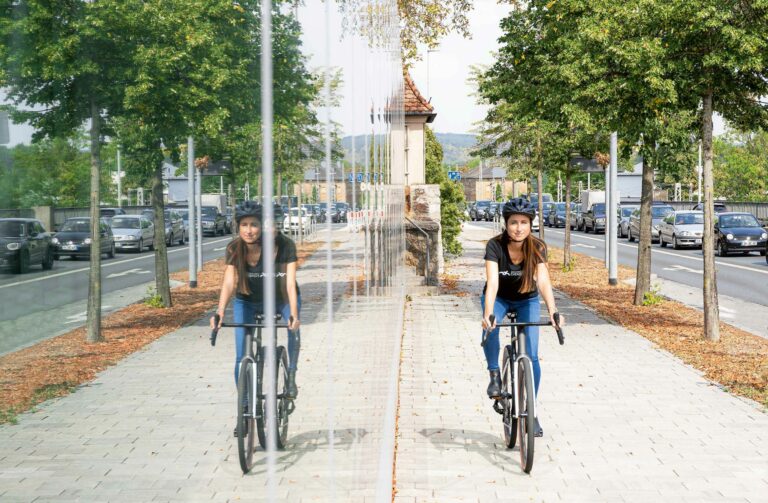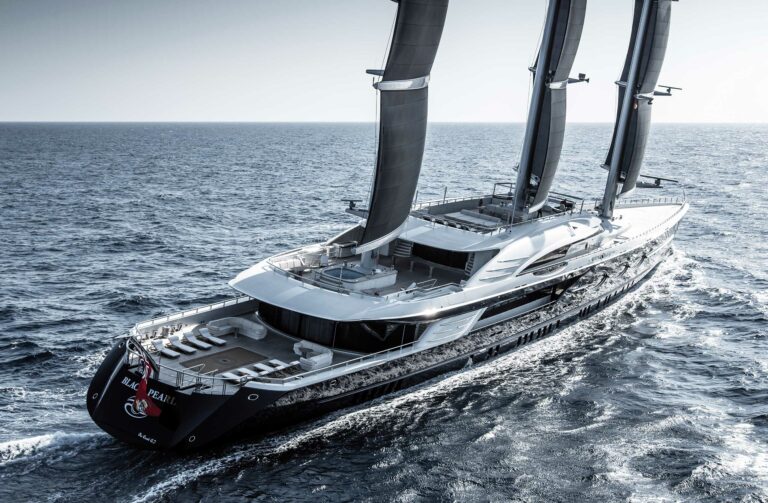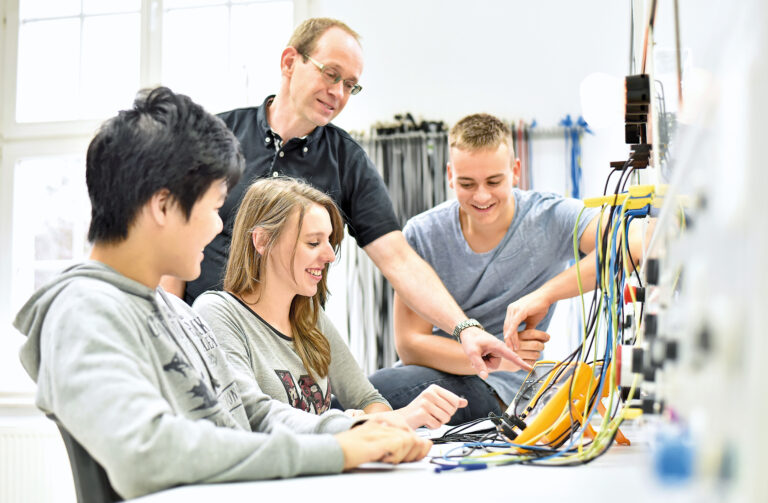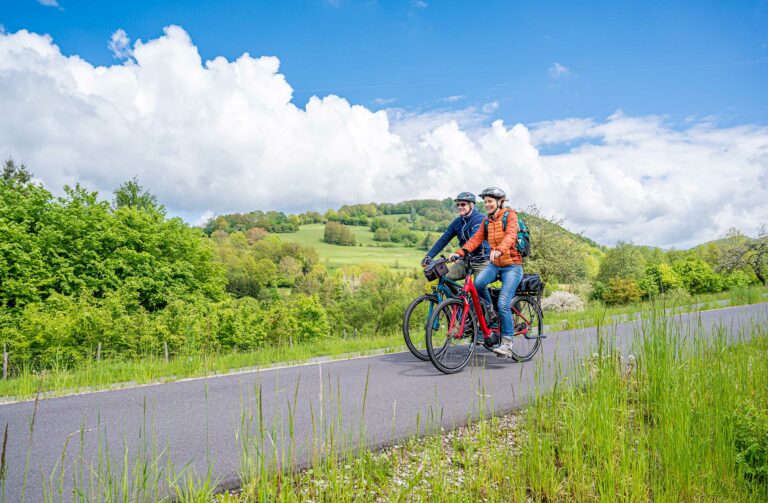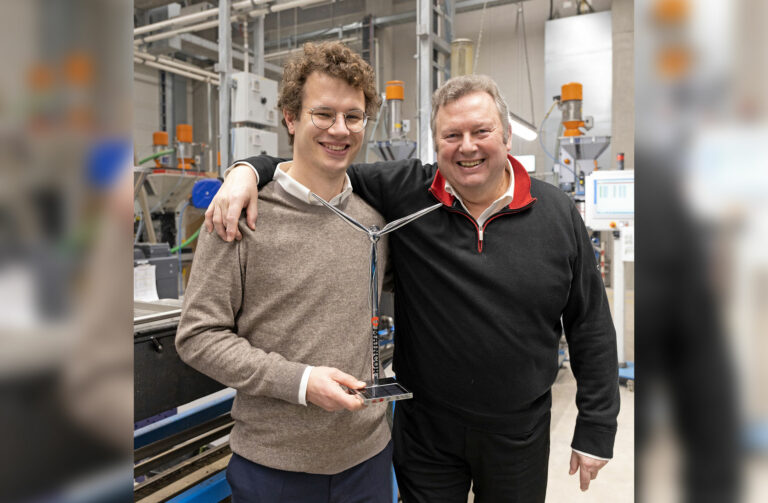Sustainability and responsibility: SMEs as a recipe for success
Sustainability is not a new topic – but it is very topical. Societal challenges such as climate change, scarcity of resources, demographic development, but also digitalisation and the increasingly interconnected world are emphatically bringing the question of the economy’s responsibility into focus. This is because answers to the megatrends of our time can only be found together with the economy.
When we talk about sustainability – or Corporate Social Responsibility (CSR) – we mean a company’s responsibility for society as a result of its own actions. In order to act sustainably, a company must take into account, for example in the CSR core elements of the ecology, the economy, the workplace or the community, what impact its actions have on the company itself, but also, for example, on interest groups such as employees, suppliers or customers.
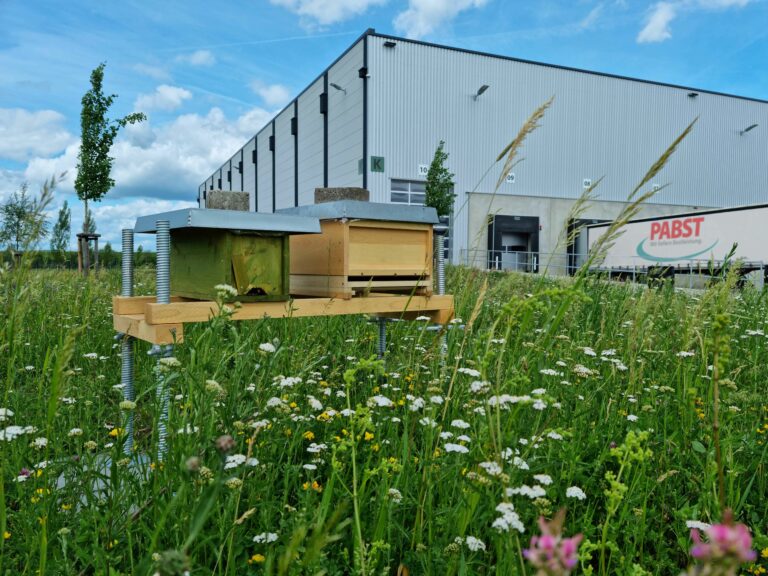
All too often, when we talk about sustainability, we come across comments such as “I don’t have time for that now, I’ll do it later. Today I have to generate sales”, or “profits and climate action – it’s either one or the other!” And this is precisely the hurdle that still needs to be overcome in too many minds far removed from the economy, and that needs to be overcome sustainably in the truest sense of the word. Sustainability and corporate success are two sides of the same coin! Corporate success and having a positive impact as a company go hand in hand. A supposed trade-off between sustainability and business success has long been an outdated concept. On the one hand, regulatory measures ensure that almost all companies have to include sustainability aspects in their business operations in the medium term (for example in the Act on Corporate Due Diligence Obligations in Supply Chains or the regulations concerning sustainable finance); on the other hand, the behaviour of market participants ensures that companies recognise of their own accord that they have to focus on different CSR activities, whether it is in recruiting employees or selling on the consumer goods and services markets. However, we must succeed in mainstreaming this idea that corporate success and sustainability are two sides of the same coin.
It is gratifying that the economy in Main Franconia has long recognised that corporate success and sustainability are pretty much the same thing. Not only is the guiding principle of socially responsible business people and traders a guarantee of success for the companies and the region – as the latest CIC location report in Main Franconia shows the many positive examples of successful sustainable businesses also speak for themselves. In recent years, for example, there have been a number of award winners from Main Franconia who have been honoured as part of regional competitions such as the Region Mainfranken GmbH Sustainability Award. Examples are also regularly featured in the CIC magazine “Wirtschaft in Mainfranken”. Nevertheless, much more transparency should be created in order to illustrate, with as many company examples as possible, that the guiding principle of socially responsible business people and traders is originally planted in the SMEs’ own “DNA” in particular. This must not be some kind of greenwashing, i.e. merely communicating sustainable action without substance, but simply about highlighting all the positive approaches we already have. The CIC is trying to create visibility for sustainable entrepreneurship through the initiative Verantwortungsregion Mainfranken, which was initiated in 2018 together with the Chamber of Crafts for Lower Franconia, the University of Würzburg and the Würzburg-Schweinfurt University of Applied Sciences (THWS) as well as Region Mainfranken GmbH; with success. It is not least the cooperation with universities that is strengthening the socio-political and business campaign to overcome the supposed trade-offs between business success and sustainability.
And there is one final point to bear in mind: good examples encourage emulation. When we talk about how we can inspire more young people to become entrepreneurs and self-employed, we are also using the positive drive demonstrably rooted in generations Y and Z (and beyond) to make the world a bit better, and also to improve the start-up dynamics in this country. What could be more obvious than to meet society’s challenges, for example, as climate change is for Main Franconia too, on the ground with entrepreneurial ideas and innovations?
Header picture: In terms of sustainability and renewable energy, PV systems are an important strategic component, for example at the Laboklin specialist laboratory in Bad Kissingen, to significantly improve its sustainability. Two powerful systems, each with 100 kWp are designed to generate 200,000 kWh of “green electricity”. Photo: Steffen Kraus/Laboklin
